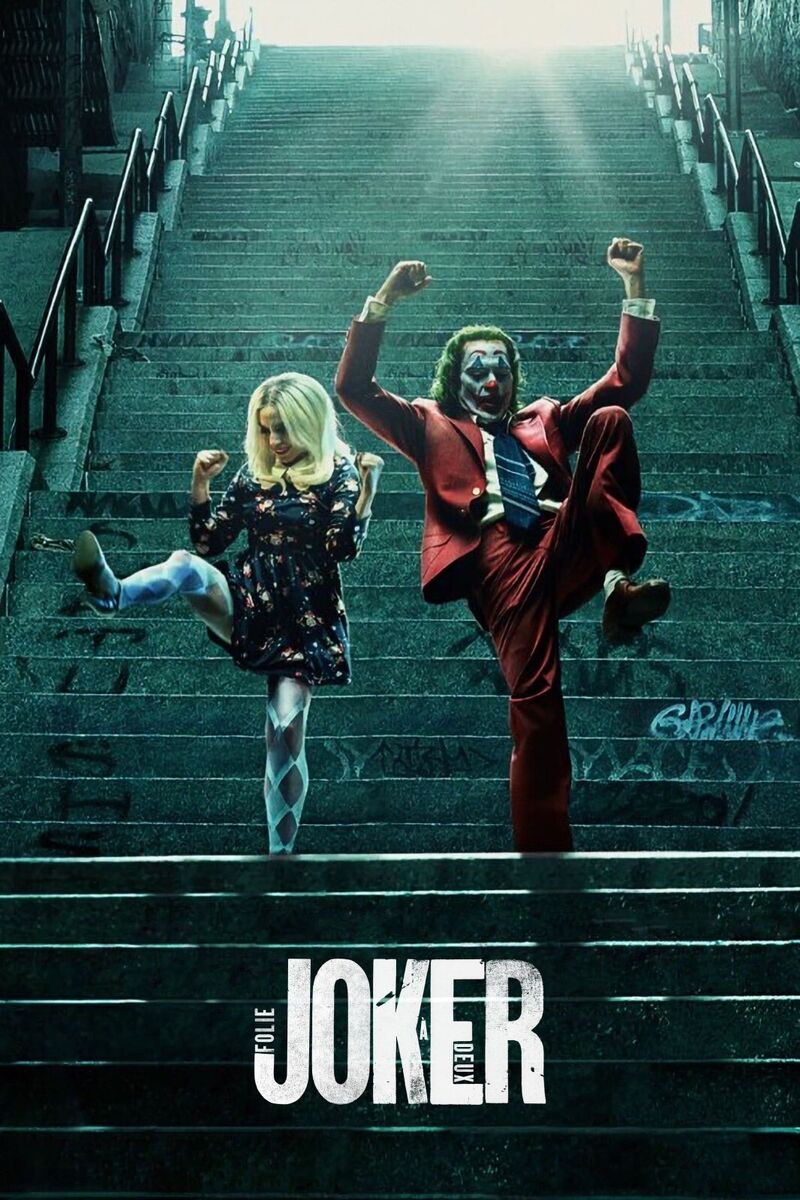“Get Out” is a sensational thriller-comedy that captivates audiences through the use of well-shot horror scenes and strategically placed comedic moments. The film’s director, Jordan Peele, from the Comedy Central show “Key and Peele,” utilizes his comedic talents to lighten up the mood during the many eerie and horrifying scenes. “Get Out” successfully fosters a relationship between the film’s audience and main character, Chris (Daniel Kaluuya), utilizing scenes portrayed from his point of view.
Chris is invited by his girlfriend, Rose (Allison Williams), to meet her parents at the family’s lakeside home. Here, Chris meets the Armitage family’s Black workers who are always overly cheerful and wearing a forced smile. Unsettling experiences, including hypnosis and run-ins with the Black workers at night, startle Chris who becomes more uncomfortable throughout the course of the film. It becomes clear to Chris that he must leave the Armitage home which proves to be a challenging and violent struggle.
The horror aspect of the film’s plot entices its viewers. Many scenes provide the audience with moments of thrill and terror, which are made possible by the creative cinematography. Dark lighting and fast-paced camera pans are essential to this film’s terrifying moments. The most compelling scenes are shot in Chris’s point of view. These scenes scenes strategically use his photography hobby, through the zoom feature on the lens of his camera, to zoom in on suspicious actions by people around him. This provides the viewer with a first person experience of some of the terrifying scenes in the film. Additionally, the soundtrack provides a sinister and gloomy feeling with low-volume music that picks up as high-tension moments commence.

The film would not have been regarded so highly by critics and viewers if it had not touched on the social topics regarding race and White privilege that are extremely relevant in our world today. The Armitage family is kind to Washington as he meets them for the first time. The father, Dean (Bradley Whitford), and mother, Missy (Catherine Keener) appear to be kind, happy and accepting people. However, they sometimes make odd comments regarding their admiration for prominent Black athletes, celebrities and leaders in society in an attempt to reach out and connect with Chris. Initially, their comments are mistaken for ignorance and insensitivity. The film’s subtle use of racism gives the movie a deeper meaning. These thought provoking concepts prompt the viewer to contemplate race-related topics that are prevalent in society.
“Get Out” intertwines humor in its plot to ease the emotions of the audience, only in preparation to revive these tense emotions again and again. The attempts by White members of the Armitage family to connect with Chris are awkward yet provide a humorous aspect to the plot. The main character’s friend, Rod Williams, (Milton “Lil Rel” Howery) is a central character behind the plot’s comedic blueprint. After tense scenes, Chris often calls Rod, who uses vulgar speech to express his distrust of the Armitage family. Rod evokes laughter from the audience whose emotions are calmed from the intense scenes through Rod’s comedic relief.
Overall, “Get Out” lives up to the hype of its 99 percent rating on Rotten Tomatoes. The film’s intricate plot filled with horror, comedy, violence and drastic changes of events keeps the audience engaged throughout the movie. The film’s commentary on social issues makes it a current and thought-provoking cinematic experience. Although the film is often humorous, the viewers’ laughs don’t last for long as they are immediately gripped by tense scenes that have the audience begging Chris to “Get Out.”






